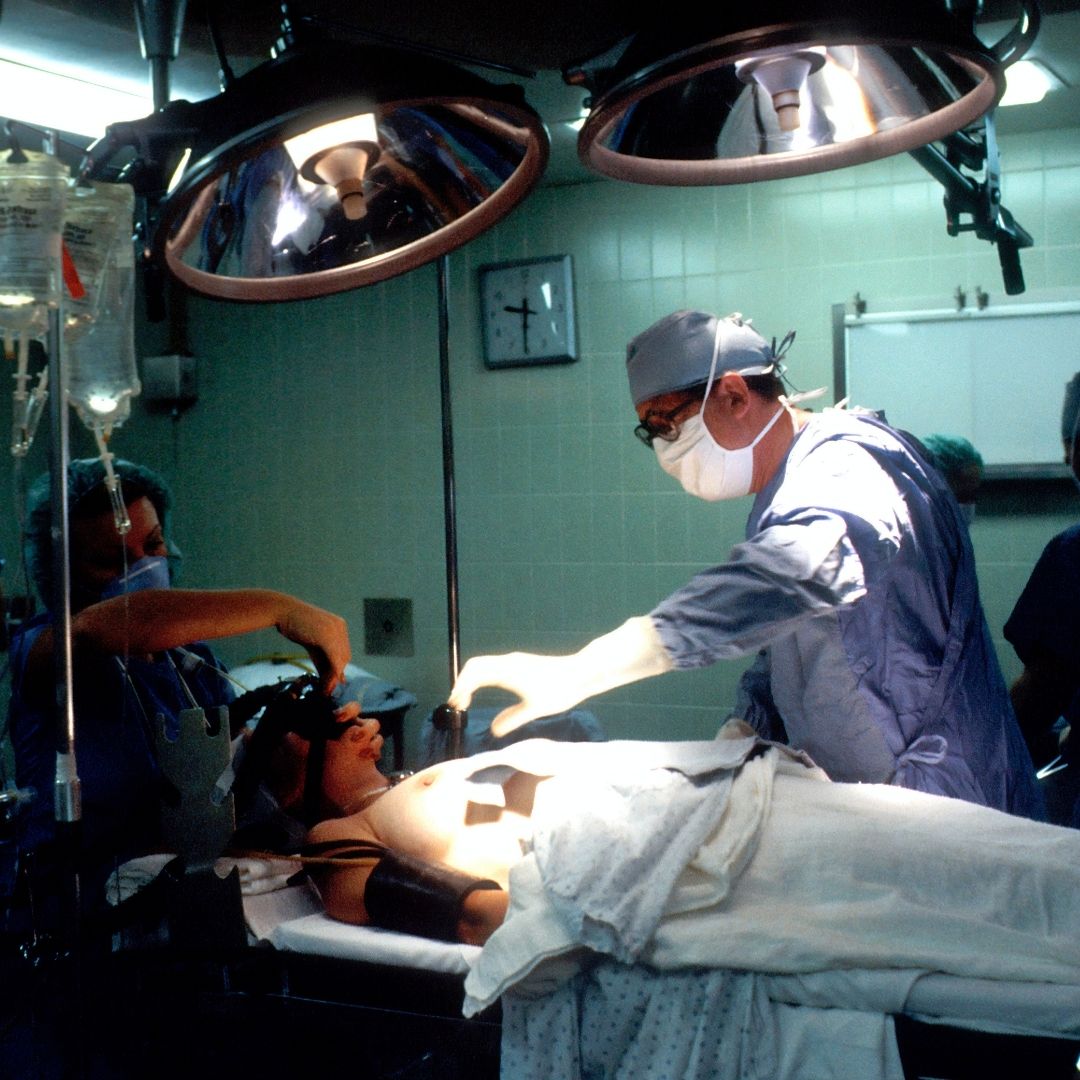
Image Credits: Unsplash
One In Seven Cancer Patients Missed Life-Saving Surgeries Due To COVID-19 Lockdown Worldwide: Study
Writer: Akanksha Saxena
I am a budding journalist who loves to write stories that have the ability to connect with people.
Others/World, 8 Oct 2021 11:36 AM GMT | Updated 8 Oct 2021 1:25 PM GMT
Editor : Ankita Singh |
A literature lover who likes delving deeper into a wide range of societal issues and expresses her opinions about the same. Keeps looking for best-read recommendations while enjoying her coffee and tea.
Creatives : Akanksha Saxena
I am a budding journalist who loves to write stories that have the ability to connect with people.
While lockdowns may have been a necessity to curb the rampant spread of COVID-19, the care for patients suffering from other life-altering diseases, cancer in particular, have been collateral damage here.
A study done by researchers from the University of Birmingham made an alarming inference about cancer patients worldwide. According to their study, one in seven such patients has missed out on life-saving surgeries due to COVID-19 imposed lockdown in the past year. This was conducted by analysing the data from 61 countries, including India.
The deadly virus' immense impact on the world turned it upside down. It brought the health system on its knees as the influx of patients suffering from it kept increasing. Governments around the world imposed strict restrictions, such as a lockdown, to curb this menace. However, this had a detrimental effect on patients who were suffering from other life-altering diseases, such as cancer.
What Does The Study Suggest?
This study was published in the Lancet Oncology Journal, called 'Effect of COVID-19 Pandemic Lockdowns on Planned Cancer Surgery for 15 Tumour Types in 61 Countries.' For analysis, data of over 20,000 adult patients were used who were admitted in 466 hospitals in 61 countries suffering from cancer types such as gastric, head and neck, thoracic, oesophageal, pancreatic, etc. From India, they included around 1566 patients from 15 centres in the country
Out of the total number, 2003 patients did not get the procedure done after a 23-week follow up. "Light restrictions were associated with a 0.6% non-operation rate, moderate lockdowns with a 5.5%, and full lockdowns with 15.0%," it stated. Those who lived in areas under complete lockdown suffered the most as one in seven patients missed out on the surgery.
The first wave of COVID-19 saw around 21 million surgeries getting cancelled, mostly due to its contagious nature. It could result in a post-operative infection that could prove to be fatal. Another factor was the hospitals' incapacity to accommodate patients other than the ones suffering from the novel coronavirus. Not only that, this also left the marginalised communities and areas extremely vulnerable because of the severe lack of resources to tackle the virus and the disease together.
Impact On Patients During Lockdown
The global healthcare system was not prepared to tackle the virus. SARS-CoV-2 was non-existent until 2020 when it decided to knock at the world's door. Therefore, it came as no surprise when it took over a year for doctors to understand and wrap their head around it. The purpose of the report was to shed light on the lockdown's impact on the system and how unequipped it was, because of which several patients with other fatal diseases missed out on treatment.
Speaking to The Logical Indian, Dr. Mahesh Srivastava, an oncologist from Aligarh's Pannalal Hospital, pointed out the loss of progress. "We lost around 20% of our patients' follow-up procedure due to COVID-19 for six months, which included chemotherapy and radiotherapy sessions as well. Surgeries were out of the question as not only the local hospitals, but the bigger and better medical centres in Delhi and other cities were also incapable of performing such procedures during this time," he said.
A surgical oncologist named Dr Ashish Goel from Jaypee Hospital in Noida stated that patients came in for treatment six months after the stipulated period due to the lockdown. "Some of them were in the last stages because of which other alternative treatments were suggested such as Chemotherapy, etc," he said.
The Way Forward To Tackle It
The all-important study has also suggested countries around the world to come up with a way to tackle this problem. The Economic Times quoted one of the co-lead authors, James Glasbey, saying, "Whilst lockdowns are critical to saving lives and reducing the spread of the virus, ensuring safe capacity for safe elective surgery should be part of every country's plan to ensure continued health across the whole population." For what its worth, this pandemic has now taught this very infrastructure to not only fight a virus like this, but to also make itself equipped for similar scenarios in the future.
Also Read: Indian Scientists Develop 3D Robotic Phantom For Treating Lung Cancer
 All section
All section














